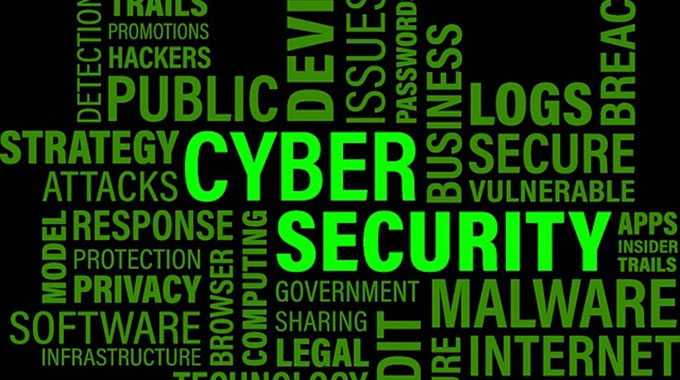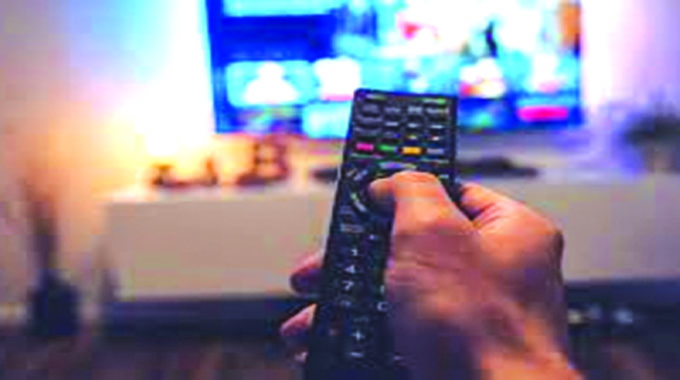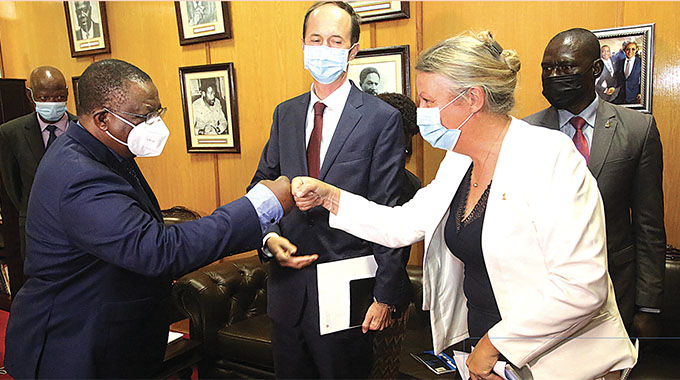Be cyber hygienic

Tom Muleya
Fraud Insight
The World Health Organisation (WHO) has made it routinely compulsory (mandatory) for everyone globally to sanitise regularly and always put on face mask in order to protect self and minimise the spread of the deadly Covid-19 virus.
This action in simpler terms can be described as Covid-19 best hygiene practices.
Much like an individual engages in certain personal hygienic practices to maintain good health and well-being, cyber hygiene practice is critical in winning the war against cybercrime and cyber threats.
Cyber hygiene should be regularly conducted to ward off natural deterioration and common threats to data safety and protection.
In the previous article “Think cyber security”, emphasis were made to the effect that; “As long as one had some money to protect, and some sensitive information with some value to protect, ‘thinking cyber security was a necessity”. The same article looked at the human component or human factor in cyber exploitation and cyber protection.
Today we continue looking at the human factor particularly ‘cyber hygiene’ as another essential element of the security mindset.
Cyber hygiene relates to the practices and precautions that users take with the aim of keeping sensitive data or information safe, and secure from theft and outside malicious attacks.
It is a reference to the practices and steps that users of computers and other electronic or digital devices take to maintain system health and improve online security. The practices are often part of a routine or daily exercise to ensure the protection of identity and other details that could be stolen, hacked or corrupted or incidentally lost.
Due to increased usage of computer and other modern electronic devices capable of usage for online services, cyber hygiene best practices are a must for everyone whether an individual person or an entity as a persona.
Sound cyber hygiene practices aid in maintaining a sound security posture for both individuals and modern organisations.
In order to be cyber hygienic, consider the following suggested practices that will go a long way to make you ‘cyber smart’;
• As a daily routine, think about ‘cyber hygiene and follow cyber hygiene best practices.
• Develop comprehensive cyber hygiene procedures.
• As a routine, always be prepared to prevent or minimise the activities of hackers, identity thieves, advanced viruses, and intelligent malware that are all part of hostile cyber landscape.
• Make daily watch on your behaviour to prevent negligent conduct that might further widen your degree of vulnerability, favouring fraudsters to financially prey on you.
• Regularly check on the security of your personal information or details, and try to identify vulnerabilities.
• Regularly evaluate your steps employed towards keeping and maintenance of data and personal sensitive information.
• Regularly check on the sanctity of your controls and procedures.
• Make sure you adhere to your daily security plan to ward off some cyber threats.
• Use strong passwords, especially unique and not easy to guess passwords.
• Change passwords frequently to further enhance personal security, and prevent access to your account and personal information.
• Use anti-virus software and continuously install updates
• Only visit websites you know or are familiar with.
• As a routine, practice netiquette, that is, the etiquette of cyberspace.
Take responsibility, practice cyber hygiene, and avoid being a victim of cyber fraud.
For your feedback, WhatsApp line: 0772 764 043, or e-mail:[email protected]. Tom Muleya is a Detective Assistant Inspector working under the Criminal Investigations Department, Harare.







Comments